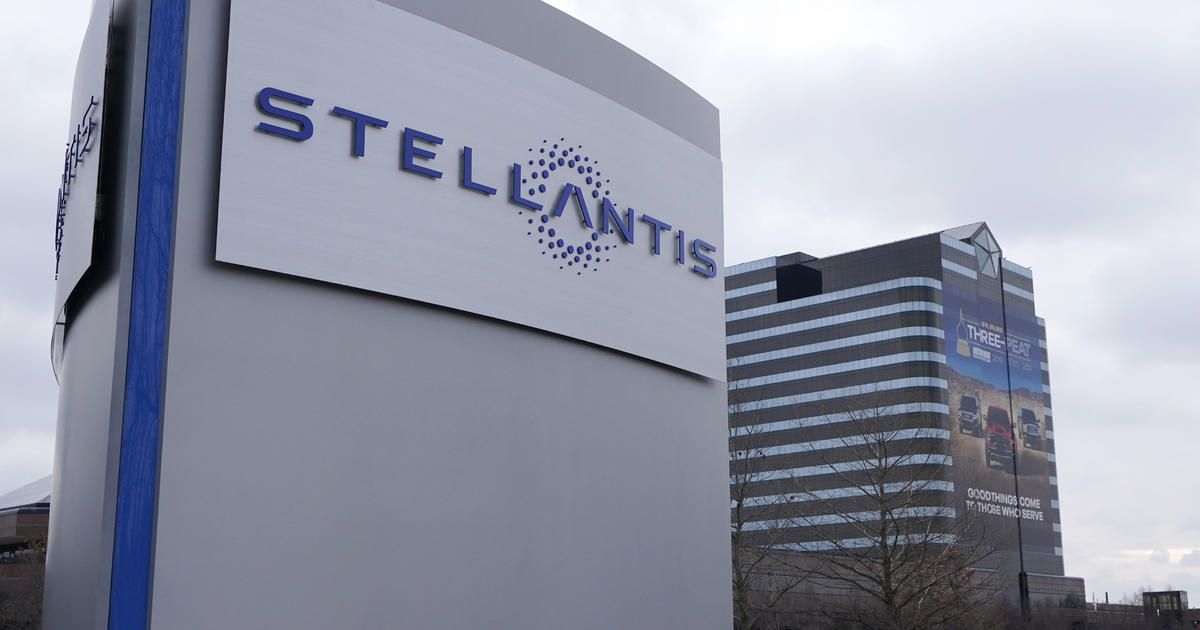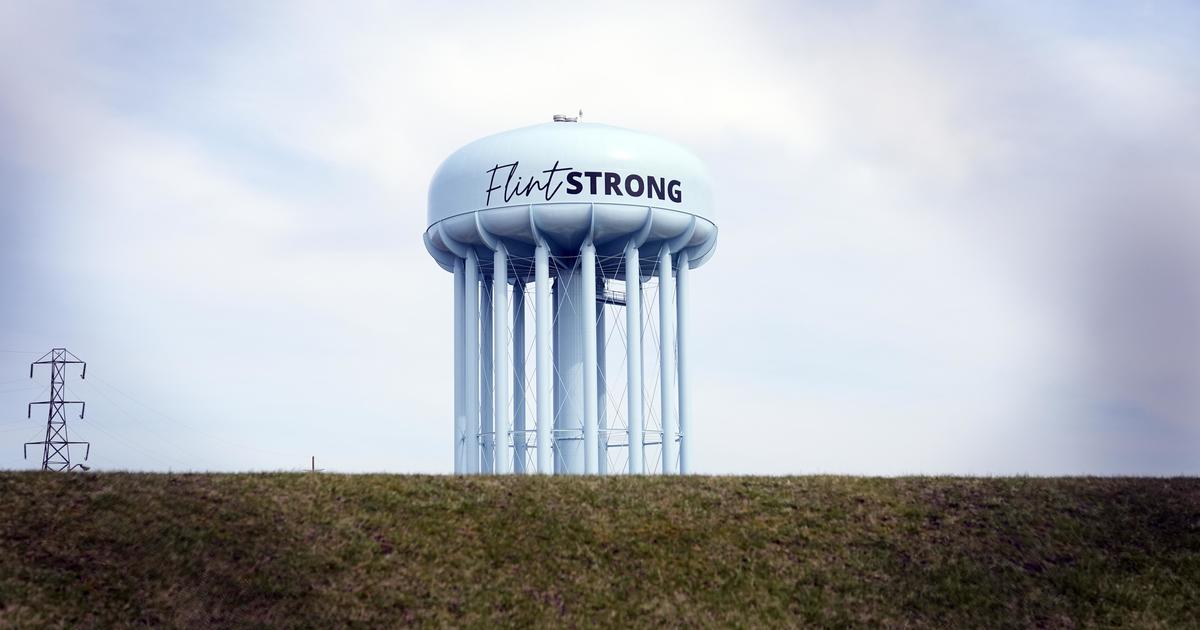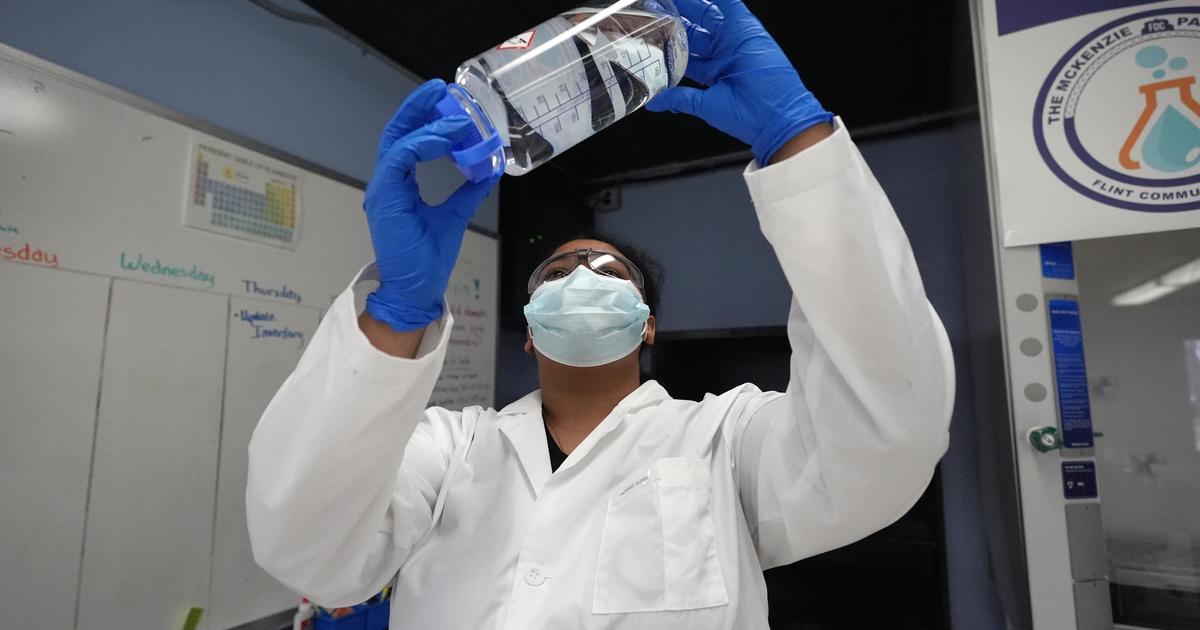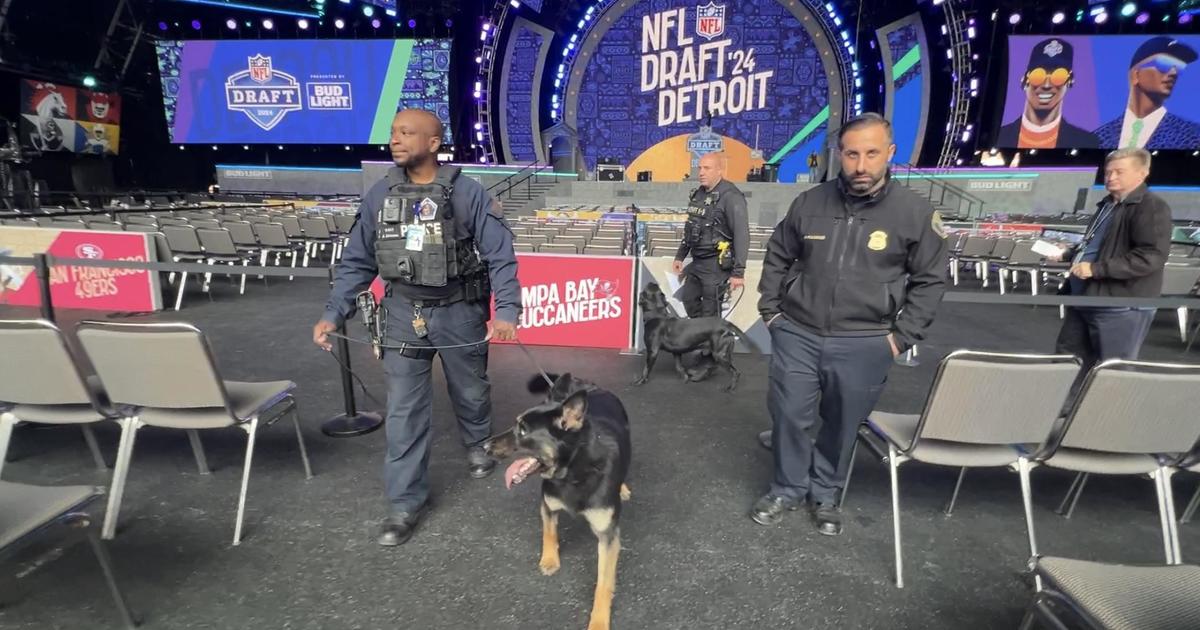Henkel Tour: Auto Scientists Having Fun, Making Cars Safer, More Efficient
MADISON HEIGHTS (WWJ) -- When you pull up to the building at 32100 Stephenson Highway in Madison Heights, you notice the modest sign out front -- Henkel. Then you notice, well, this building's pretty big.
And then you get inside and the building doesn't seem to ever end. And it's full of scientific and testing laboratories worthy of any university, with 350 highly trained staff, mostly scientists and engineers, figuring out ways to make automotive paints and parts work better, last longer and weigh less. They process half a million test samples a year in no less than 25 laboratories devoted to organic chemistry and metallurgy.
Henkel Corp.'s Madison Heights laboratories and offices span 300,000 square feet in three buildings -- one housing sales, marketing, administration, wet labs and pilot and test production, a second housing adhesives, and a third more labs, sales and finance. And I walked most of it in a tour Friday.
Henkel is a German-owned company that bought Loctite, the familiar maker of glue and adhesive for home and business, in 1997. Now, the Madison Heights lab, in operation since 1972, tests all those Loctite products -- along with plenty of other materials, mostly for the auto industry.
My tour started with the electron microscopes studying molecular composition, test chambers where auto parts are subjected to heat, cold and salt spray to make sure they stand up to rust, and the Henkel wastewater treatment plant (water leaving the plant has to be cleaner than the water coming in) with Henkel global market segment manager Kevin Woock. Henkel is involved in the corrosion resistance testing business not just with automakers, but with associations like SAE and USCAR, validating testing methodologies.
From there, I wound up in the automotive metal pretreatment lab of Bruce H. Goodreau. This Syracuse University chemistry Ph.D. tortures metal for a living. The lab tests various combinations of steel and aluminum, surface preparation chemistries, and paints, for resistance to damage from rust, scratches and high-speed impacts from small rocks on the road. Henkel has introduced an aluminum pretreatment process called Bonderite that allows automakers to cut substantial weight from the car and cuts waste in the production process. As Goodreau says, the paint makers get all the glory for making cars in cool colors, "but if it wasn't for us, the paint wouldn't stick."
Next up was the robotics lab of Bill Brown, senior application engineer, which tests Henkel's "cured in place" products, liquids which set up at various temperatures, depending on the application, to form a barrier that replaces a gasket or O-ring -- providing protection from water and dirt at lower cost than older technologies. The materials go into many locations in a car, from the electronics black boxes to the lighting assemblies.
Brown also showed me an "application lab," where some of Henkel's technologies are tested on equipment like that used by customers. There were a couple of interesting applications -- the first, a low-pressure injection molding system that can be used to mold plastic over delicate electronics and copper windings, combining sealing and positioning parts in a single step. This is a partnership with Nevada-based Cavist Corp. The lab is also working on polyurethane resin suspension parts to replace steel, at a 65 percent weight reduction -- incredibly important in an era when automakers are trying to wrest every possible gram out of the car. A resin leaf spring in a truck? They're on the road today in Europe.
From there, I headed to the acoustics lab of David Stotera, acoustic applications engineer, who tests the new materials that have made today's cars and trucks so much quieter than those of 10 years ago. Most are liquids applied by robots to car assemblies that cure into a spongy, pliable foam.
The lab features a test chamber that generates 110 decibels of white noise. The chamber has one hole in the wall, into which is placed a mock vehicle roof pillar, filled with sound-deadening foam. Measurements are taken on the other side of how well the foam works to kil sound.
My final stop was something called a "dynamic testing lab," which sounds ever so much better than "destruction lab." Here, technical director Greg Ferguson and his associates torture automotive materials with various forces -- compressing them, stretching them, twisting them, slamming stuff into them. Or, as I saw Friday, running a door seal through more than a million cycles in a matter of hours. This gives auto parts makers valuable information on reliability and longevity of parts and assemblies.
And that was it -- my tour of Henkel's labs had ended. You know that study that came out last week about the most high-tech thing in your life being your car? Yeah, this is where that starts. Modern technology tests every part to within an inch of its life, and occasionally beyond. Believe me, I appreciate it when my Ford C-Max is quiet as a church sanctuary during prayers when I'm moving 70 mph.



